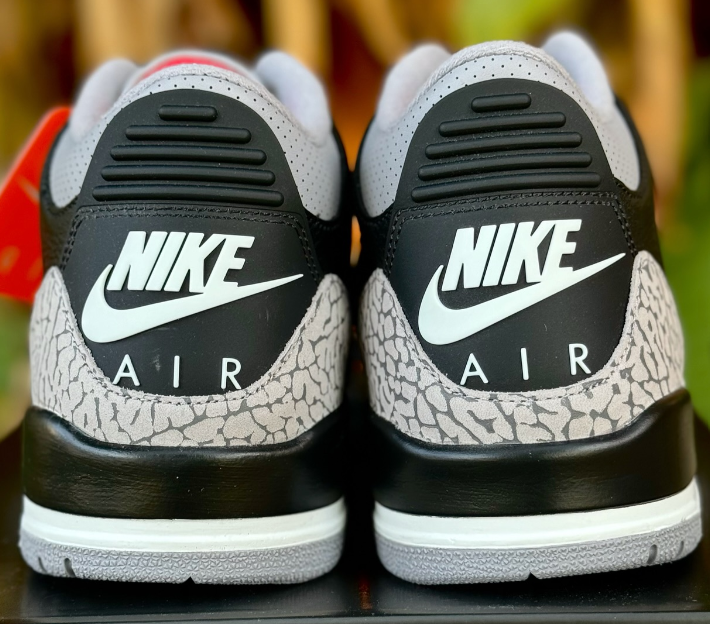- 6,662
- 1,311
- Joined
- Mar 8, 2008
Quit with the telfair comparison b. That +%%% doesn't even make any sense because there are no comparisons in game. Kyrie played in college unlike the 2 guys you posted. Malta backed up with stats the shooting argument. Its ok, just admth that the only college bball games you watched this year were the ncaa tournament and MAYBE the big east tournament.




 , Carlos Boozer (17 ppg), Corey Maggette (16), Luol Deng (16), Mike Dunleavy (12), Shane Battier (10), J.J. Redick (
, Carlos Boozer (17 ppg), Corey Maggette (16), Luol Deng (16), Mike Dunleavy (12), Shane Battier (10), J.J. Redick (



